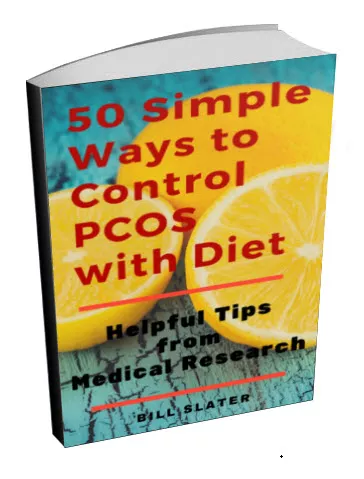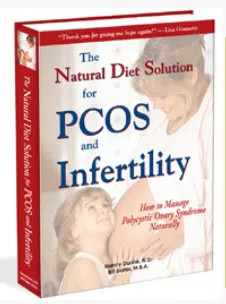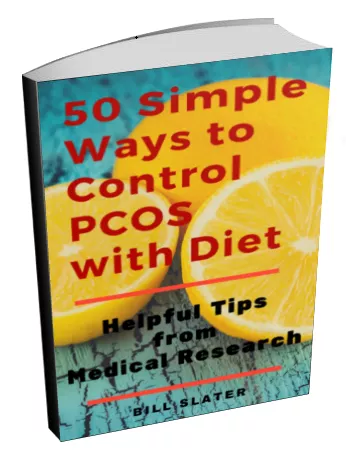7 Years of Infertility until Metformin
by Andria M
(Council Bluffs IA)
I was 22 years old when I was diagnosed with infertility and no real explanation of the reason other than abnormal hormone levels.
The only fertility medication prescribed at the time was Clomid.
I became pregnant with my first child and had difficulty throughout the pregnancy, but did deliver a healthy baby girl at 35 wk.
A few years later I was diagnosed with PCOS based on an ovarian scan, irregular periods, facial hair, acne & male patterned baldness.
At the time my doctor did not have any resources to help me with the diagnosis.
I began to acquire knowledge on my own through the internet and discovered that I was probably insulin resistant.
Over 7 years of unsuccessful infertility treatments I requested a fasting blood glucose and fasting insulin test from by regular OBGYN. She was positive that I did not have insulin resistance and was very resistant to wanting me tested. She told me that if the best infertility doctors in our area were unable to get me pregnant with infertility medications, there was no reason that insulin resistance would be the answer.
I insisted on being tested and found out that in fact I was insulin resistant. I was put on 500mg of Metformin (glucophage) three times a day. I had all the abdominal discomfort that goes along with this medication, but the side effects subsided after 2 months of being on the medication.
Along with this medication, I had already been changing my diet based on the information that I had from my research.
I kept my carbohydrate intake to 100mg/day for approximately 5 months prior to taking the Metformin.
With this combination of diet & metformin, I became pregnant within 2 months of finding out that I was insulin resistant.
Once I became pregnant, I had to bring my research to the OBGYN to inform them that it was critical to continue the medication during my pregnancy. Many physicians will discontinue the medication; however, the research indicates that your blood sugars will rise without the medication, resulting in abnormal hormones resulting in a miscarriage. (Anyone needing information regarding the safety of Metformin during a pregnancy can get accurate information from the genetics lab at the University Medical Center in Omaha, NE).
Best of Wishes to You.
#############
Editor's Note: Insulin resistance plays a dominant role in PCOS in the majority of cases. It may be a factor in as many as 70% of women with polycystic ovary syndrome.
Metformin is one way to reduce insulin resistance. However, metformin has side effects that you should be aware of.
Our review of medical research has indicated that a healthier diet coupled with very significant levels of exercise can be just as effective as metformin for reducing insulin resistance, but without the side effects. This is one of the conceptual foundations of The Natural Diet Solution for PCOS and Infertility book.
There are also a variety of nutritional supplements that can reduce insulin resistance.
Comments for 7 Years of Infertility until Metformin
|
||
|
||
Get Answers to your Questions about
- Fertility
- Weight Control
- Hair Loss
- Stress
- Unwanted Hair
- Acne...and more!
FREE PCOS Report
and Newsletter

Your email is safe with us. We respect your privacy, and you may unsubscribe at any time.
Recent Articles
-
PCOS Long Journey to The Happy End
Apr 30, 18 07:24 PM
Hi Girls, Maybe my story will have one day a good end but I am not there yet. Until I was 31 years old I lived my dream, having lovely husband, good -
PCOS and Miscarriage
Apr 17, 18 04:03 PM
Proper diet and natural supplements can help the body maintain a pregnancy through successful delivery.
-
How to Deal with PCOS and Stress
Apr 04, 18 04:19 PM
Your body has a natural capacity to heal itself if you provide it with the necessary tools.





